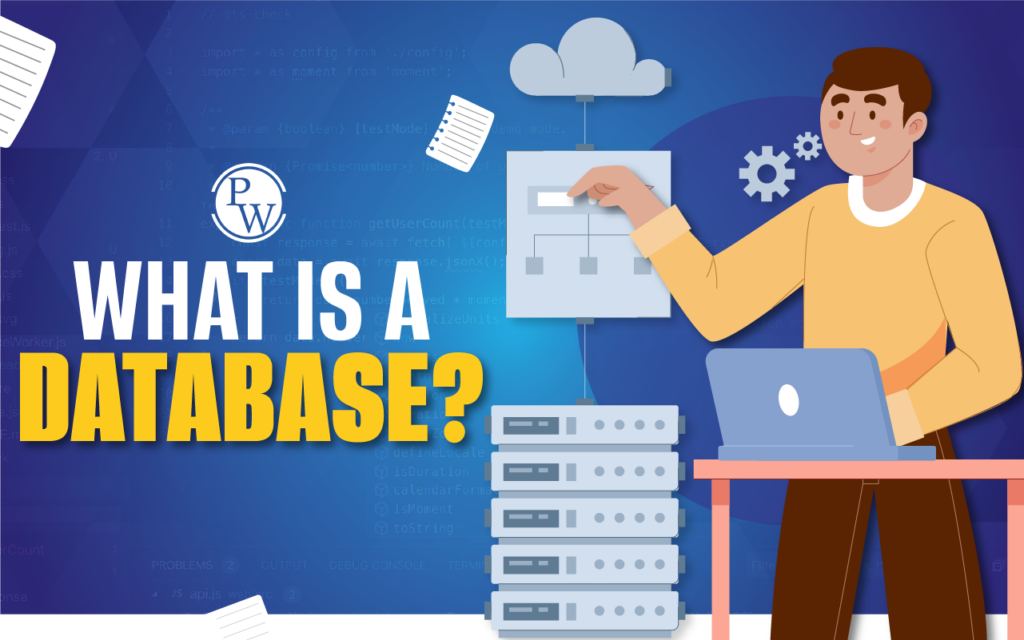
67 Courses

JavaScript for developers
This comprehensive JavaScript course is designed for beginners and aspiring developers who want to build a strong foundation in JavaScript, the world's most popular programming language. Whether you're new to coding or looking to enhance your web development skills, this course will guide you through the core concepts of JavaScript, enabling you to create dynamic, interactive, and responsive web applications.
You’ll start with the basics of JavaScript syntax and gradually progress to more advanced topics like DOM manipulation and event handling. By the end of the course, you’ll have the skills to build interactive web pages and understand how JavaScript powers modern web development.

Programming for A- PyTorch
This course will provide the trainee with introduction to PyTorch, working with tensors and the autograd concept and its relation to model training.
Also, the course will cover building neural networks with PyTorch, training, accelerating and evaluating models. Also, the course will provide a series of applied examples and use cases for each part of the content.

CCNA3
CCNA3 is an advanced, Level 3 micro-credential course designed to equip learners with critical networking skills essential for modern IT infrastructures. This course provides an in-depth exploration of OSPFv2, Network Security, Access Control Lists (ACLs), and Network Address Translation (NAT)—fundamental technologies that play a crucial role in ensuring network efficiency, scalability, and security.
By focusing on real-world applications, this course bridges theoretical knowledge with practical implementation, preparing learners to design, configure, and troubleshoot complex network environments. Whether for enterprise networking, ISPs, or cloud-based infrastructures, CCNA3 provides valuable expertise for IT professionals looking to enhance their networking proficiency.

Computer Science Courses
Software Development Git
The course aims to introduce Git as an essential version control tool that is of utmost importance for collaborative projects.
This course provides a comprehensive understanding of Git, from setting up a repository and basic version control concepts to advanced features like branching, merging, and collaboration, you will gain hands-on experience with Git to manage code in both individual and team-based development projects.
Instructed by Dr. Marwan El Khatib
Assistant Professor of Computer Studies at Arab Open University (AOU)

Computer Science Courses
Database management system
Throughout five interactive lectures, participants will explore the core concepts of databases, learn to create and manage tables, and develop the ability to write and execute SQL queries for data retrieval, manipulation, and analysis. The course is structured to provide a hands-on learning experience, enabling students to apply theoretical knowledge to practical database tasks and real-world scenarios.
By the end of the course, participants will have a solid understanding of database management principles and be equipped with the skills to perform essential SQL operations, contributing effectively to their academic or professional projects.
Instructed by Dr. Sarah Ayad
Assistant Professor of Software engineering at Arab Open University (AOU)

Mathematical Foundations of Relational Databases
This course introduces the mathematical theory of relations and demonstrates its direct application in relational databases. Students will explore key properties like reflexivity and symmetry, use matrices and digraphs to represent relations, and understand how these concepts shape database structure, querying, and optimization.

Digital Logic Fundamentals
Digital Logic Fundamentals Course :
This course introduces the foundational concepts of digital logic, essential for understanding computer hardware and digital systems. Topics include number systems, Boolean algebra, logic gates, combinational and sequential circuits, and simplification techniques. Through theoretical lessons and practical exercises, students gain the skills to analyze and design basic digital circuits used in computing and electronics. Ideal for beginners in computer engineering, electronics, or related fields.

Introduction to Data Mining
This course is designed for any data researcher who wants to learn more about working with data, especially text data. Python is one of the most effective languages for working with text. Therefore, all text lessons in this course will be taught using Python, introducing the libraries and functions it contains to work with text in a professional manner. Students must be familiar with Python grammar and have a basic understanding of text data to benefit from this course and gain the desired benefit by following all the lessons. In this course, students learn how to work with text data using functions found in the Python language library, using specific functions designed for working with text.

Research Guidelines
The "Research Guidelines" course helps students and researchers understand how to choose research topics, organize their work, and write scientific papers. It covers the structure of a research paper, how to select suitable journals, and how to respond to reviewer feedback. The course also emphasizes ethical writing, avoiding plagiarism, and following proper submission procedures to improve the chances of publication.


